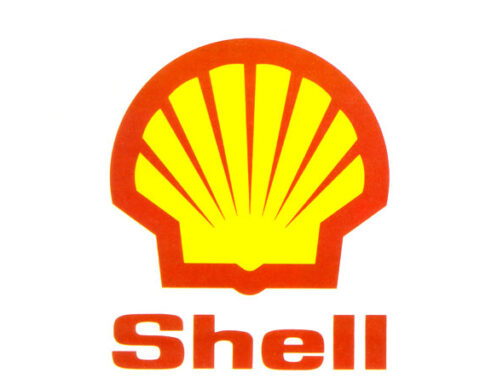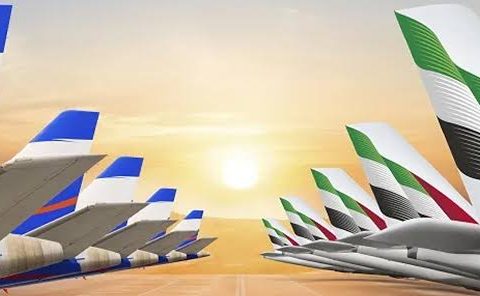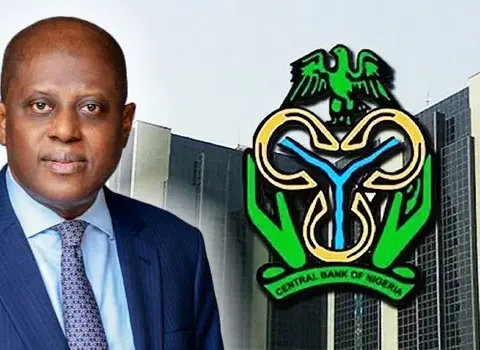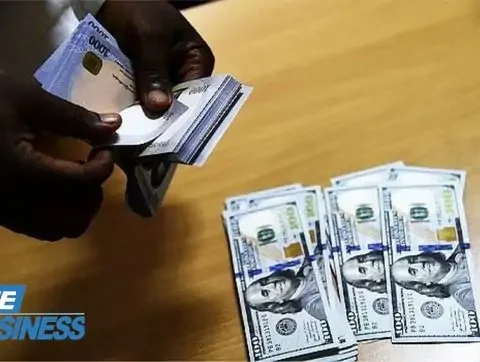Marketers Warn Against Dangote Monopoly in Nigeria’s Petroleum Sector
Three oil marketers, AYM Shafa Limited, A.A. Rano Limited, and Matrix Petroleum Services Limited, are calling for continued petrol imports in Nigeria, opposing Dangote Refinery’s request for exclusive control over the nation’s petroleum supply. This ongoing legal battle, currently before the Federal High Court in Abuja, raises questions about competitive pricing and energy security in Nigeria’s oil sector.
In a counter-affidavit filed in response to Dangote Refinery’s lawsuit, the marketers argue that monopolising the oil sector under a single refinery could have severe economic impacts on the nation. “Allowing Dangote sole control is a dangerous move,” a representative for the marketers explained. “It would not only stifle competition but also lead to higher prices, putting essential fuel beyond the reach of many Nigerians.”
Join our WhatsApp ChannelDangote’s Legal Claim for Exclusivity
In September 2024, Dangote Petroleum Refinery and Petrochemicals filed a lawsuit, accusing the Nigeria Midstream and Downstream Petroleum Regulatory Authority (NMDPRA) and several local marketers of violating the Petroleum Industry Act (PIA). Dangote’s case contends that the NMDPRA’s licensing of petrol imports undermines the refinery’s efforts to serve as a primary supplier and stabilize prices.
Dangote has argued that, under the PIA, imports should only occur in cases of local shortfalls, which the refinery claims it is capable of meeting. However, the marketers rebutted this, stating, “There is no proof that Dangote can meet Nigeria’s daily demand.”
Marketers Defend Import Licenses as Economic Necessity
The marketers insist that their import licenses are critical for maintaining a stable supply. They argue that the NMDPRA legally granted these licenses based on their ability to meet Nigeria’s stringent regulatory requirements. The marketers’ statement reads, “Our licenses were lawfully issued under the Petroleum Industry Act, ensuring Nigeria has options to stabilize fuel prices.”
AYM Shafa and the other marketers warn that restricting imports would eliminate price competition. “If Dangote becomes the only supplier, fuel prices will be entirely at their mercy,” one marketer representative said. They argue that price competition is essential for consumer access, especially amid rising global oil prices. “The monopoly proposed by Dangote would lead to unchecked price increases, affecting everyday Nigerians,” the spokesperson added.
Monopoly Risks Economic Hardship, Marketers Say
The marketers believe that allowing Dangote exclusive control over oil distribution would create potential crises. “Relying solely on Dangote Refinery could be disastrous in case of an operational breakdown,” they stated. “Nigeria’s energy security would be at risk if one refinery fails to meet demand. Having multiple sources is a safeguard against supply chain disruptions.”
The court filing further elaborates that monopolizing the sector would “unleash untold hardship on Nigerians.” According to the marketers, the ongoing energy instability, combined with limited competition, could result in significant economic consequences. They stressed, “Competition in the petroleum market is a lifeline for our struggling economy.”
READ ALSO: Marketers, Dangote Refinery In Price War For Nigeria’s Fuel Market
Competitive Market Essential for Energy Security
The marketers also emphasized that having multiple importers ensures energy security by mitigating risks associated with supply monopolies. In their court submission, they highlighted that allowing one refinery to determine prices and supply would hinder access to affordable fuel for Nigerians.
“If anything disrupts Dangote’s operations, the entire country would face severe fuel shortages,” a representative warned. “We are talking about an industry where even a week of downtime can cause massive price hikes and disrupt countless businesses.”
The marketers further argued that while Dangote’s refinery is a significant local asset, it should not be the only solution. They urged for policies that continue to allow competition, especially given the limited capacity of the refinery to meet the country’s demand. The affidavit reads, “Despite Dangote’s efforts, it’s clear their capacity does not yet satisfy nationwide consumption. Importation supplements this gap.”
Ruling Pending as Court Date is Set
Justice Inyang Ekwo has scheduled a hearing for January 2025, where both parties are expected to present further arguments. The marketers remain firm in their stance, with A.A. Rano’s spokesperson adding, “Our position is simple: for Nigeria’s economic health and security, we cannot afford to put all our eggs in one basket.”
Meanwhile, a recent report revealed that most of Dangote’s output has been exported to international buyers such as Vitol Group, Trafigura Group, and BP Plc. Although Dangote Refinery has a daily capacity of 650,000 barrels, only a fraction of its output has reached the Nigerian market. This has added weight to the marketers’ argument for import licenses as a supplement to meet domestic needs.
Future Implications for Nigeria’s Oil Sector
As the court case unfolds, the potential outcomes could have lasting implications for Nigeria’s energy landscape. If Dangote Refinery gains monopoly control, import-dependent marketers may face significant business challenges. However, if the court rules in favor of the marketers, continued competition may provide more stable pricing for consumers.
Market analysts predict that the court’s decision will be pivotal, setting a precedent for the regulatory framework in Nigeria’s oil sector. For now, the debate over monopoly vs. competition remains unresolved.
Emmanuel Ochayi is a journalist. He is a graduate of the University of Lagos, School of first choice and the nations pride. Emmanuel is keen on exploring writing angles in different areas, including Business, climate change, politics, Education, and others.
- Emmanuel Ochayihttps://www.primebusiness.africa/author/ochayi/
- Emmanuel Ochayihttps://www.primebusiness.africa/author/ochayi/
- Emmanuel Ochayihttps://www.primebusiness.africa/author/ochayi/
- Emmanuel Ochayihttps://www.primebusiness.africa/author/ochayi/

















